Ammonia has Hitachi, Alabuga — GE: Moscow preparing GTU service for power industry
AMCOR is ready to open a plant for the restoration of Western GTUs but cannot establish cooperation with Kazan casting enterprises for the development of new products

“The energy strategy of the Russian Federation until 2030 was initially aimed at getting rid of dependence on foreign gas turbine units (GPUs). Now we are looking for ways to replace them," they talked about the main challenges in the energy sector at a round table discussion dedicated to import substitution in the energy industry within the framework of the TatEnergyExpo 2024 forum. With the upcoming transition of Tatarstan thermal power plants to domestic turbines, General Electric, Siemens, and Hitachi are not going to be scrapped. In the summer, the company from Moscow Amcor is going to open the first stage of the plant for servicing foreign gas turbine engines, but it cannot take up the development of details due to the reluctance of local partners, Nikita Markelov, the project manager, complained in a conversation with Realnoe Vremya.
Two years without service
The lack of maintenance of foreign gas turbines and own technologies for the production of electrical equipment remains one of the main risks in the energy sector, Deputy Minister of Industry and Trade of the Republic of Tatarstan Marat Minibayev stated at the round table discussion on import substitution in the energy sector. Large generation turned out to be the most vulnerable, where there was the highest dependence on gas turbine units (close to 60% — author's note).
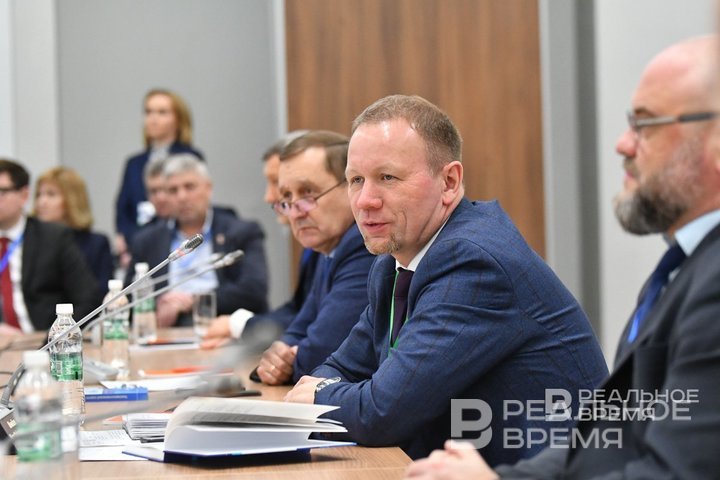
As you know, until now, generating companies in the country have sought to acquire effective foreign GTUs from General Electric, Siemens, Solar Turbines, Rolls-Royce, but after the start of the special military operation, Western partners broke off relations with them, leaving them without service and spare parts. In Tatarstan, equipment from foreign manufacturers is operated at all Kazan CHP plants (operated by American General Electric Power Plant) and at Lemaevskaya CCGT (Nizhnekamskneftekhim) in Nizhnekamsk. In the electric grid sector, the share of imports is lower, although there is a need to replace high-voltage power transformers. Nevertheless, there is more domestic equipment here and there is no reason to worry, Minibayev noted.
Instead of General Electric, Moscow-based DMEenergy
However, Tatarstan generators have found a way to replace service maintenance. According to Ilgizar Gayfullin, Deputy General Director and Technical Director of Tatenergo, over the past few years there have been several Russian companies that have managed to master new technologies. The hopes of power engineers to increase the inter-repair resource of foreign GTUs are associated with the upcoming launch of the DMEenergy plant. Judging by the name, it will specialise in the service of American General Electric turbines, which form the basis of the Russian generation fleet. The investor of the plant is the Moscow group of companies Amcor. The domestic engineering company has been specialising in the maintenance and configuration of gas turbine installations for more than 10 years.
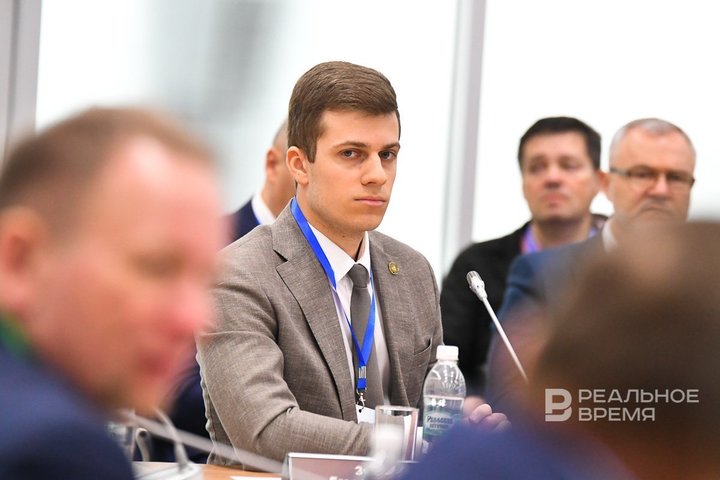
After the withdrawal of Western partners from Russia, the company defended a project to create facilities for the repair and restoration of equipment worth 350 million rubles at the Investment Council of the Republic of Tatarstan. Last year, the company carried out major repairs of three gas turbines with a capacity of 25 MW, this year — a boroscopic inspection of the turbine at Kazanskaya CHPP-3 after 2 thousand hours of operation. Another Moscow company carried out the restoration repair of the blades.
Turbina settled in Zelenodolsk
Yegor Zubkov, a representative of DMEenergy, said that this summer the company opens the first stage of the plant, where the most necessary operations will be carried out to restore the GTA resource, in the future — to meet the needs of generators to replace gas turbine components. He admitted that in the context of international sanctions, the supply of components is difficult and the service is limited. Meanwhile, the total fleet of foreign gas turbines in the country exceeds 600 units, excluding GPUs operated by Gazprom.
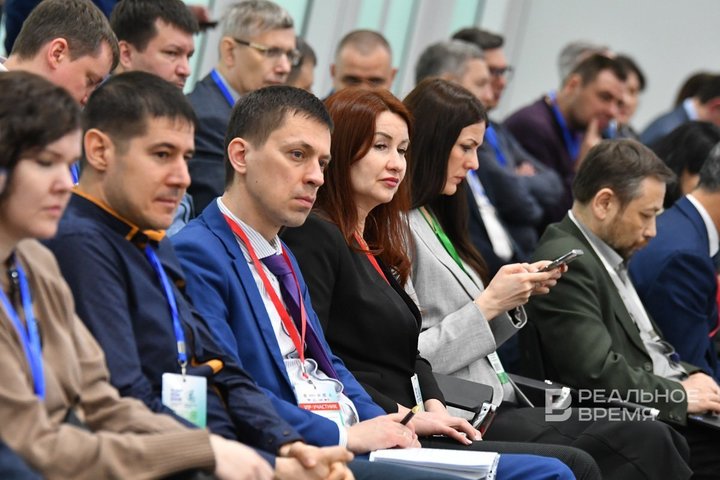
The first stage of the future plant opens in the industrial park Turbina in Zelenodolsk, Egor Zubkov said. DMEenergy became a resident of the Zelenodolsk PSEDA, having defended its project at a meeting of the investment council a year ago. The total investment in the plant amounts to 350 million rubles. The plant will be built in three stages. According to Egor Zubkov, the first stage is a workshop with an area of 1.5 thousand square meters. “A restoration cycle of component repairs will be carried out in the conditions of the site. A single-chamber vacuum furnace is being purchased for this purpose," he said.
The second stage is the most difficult. It is planned to build a workshop for the production of hot track spare parts here. Equipment is currently being purchased. Among them — equipment for gas spraying, a coordinate processing center, as well as electron beam units. Blades for GTUs, including nozzle blades, will be cast here.
Castings from the CIS
But due to the inability to establish cooperation within the republic, DMEenergy is going to transfer castings to the facilities of friendly CIS countries. “Enterprises from friendly countries have been identified for castings. The first samples of castings have been obtained. Foundry equipment has been produced and developed," Egor Zubkov said. According to him, after that, the company is going to start developing gas turbine units.
Later, Nikita Markelov, the managing director of the project, explained to Realnoe Vremya why cooperation within the republic is not going well. “Now the new industrial park Turbina is being created on the territory of Zelenodolsk. It is located in the immediate vicinity of the Zelenodolsk enterprise. Unfortunately, we are not interacting, but we are showing interest. This unique enterprise has technological capabilities in terms of casting and machining, coating. So far, we are not interacting. The scope of work that we could close in cooperation with him is extensive, but it does not add up yet," he complained.
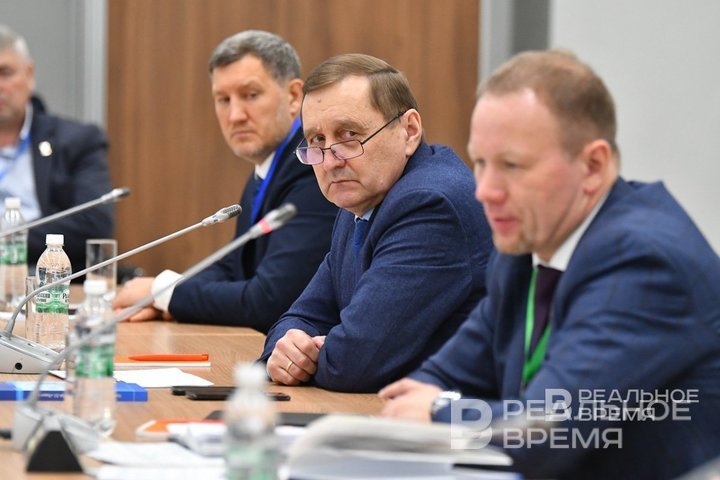
“Ammonia has Hitachi, and Alabuga -GE. The market of Western GTU is large not only in the republic, it is huge nationwide. We will be restoring the entire flow section. The uniqueness lies in that someone is simply engaged in on-site maintenance, someone is engaged in separate restoration repairs, someone separately supplies components," added Nikita Markelov, the managing director of the project.
According to him, low-power turbines will be repaired with export to the plant, and industrial turbines — only at the place of work. “A large generation is repaired without being exported to the production facility, but the working blades are removed and restoration is carried out in the workshop," he explained. Currently, there are about four or five similar service enterprises operating in Russia, and the first one in Tatarstan.
Ilgizar Gayfullin, Deputy Director General and Technical Director of Tatenergo, expressed a desire for its facilities to work faster.
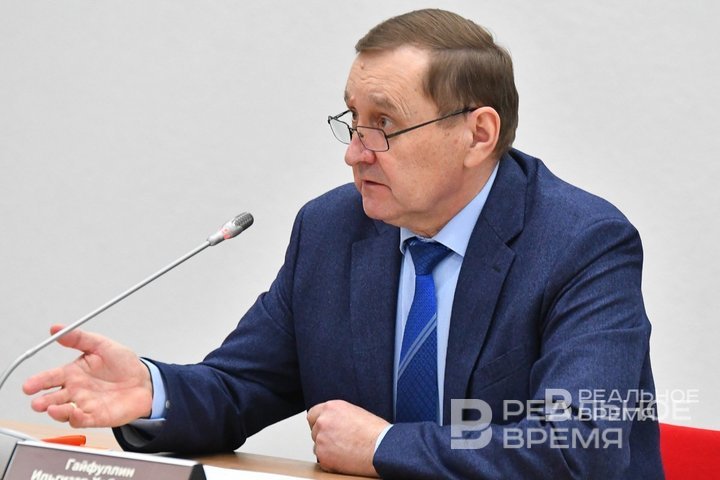
“It is important not only to restore (the blades), but also to manufacture new parts of the hot tract (the working part of the GTU)," he said. According to him, Tatarstan companies wanted to receive services not only for the restoration of blades, but “to get new parts of the hot tract," that is, they would like to establish the localisation of parts in the republic. “The issue of steam turbines has been resolved, but the GTU remains," he worries.
Localisation is also conducted by Kazancompressormash, which is building a workshop for testing equipment with liquefied gas near the industrial park. Alexander Maletskov, Deputy Director of Procurement at Kazancompressormash, told about this earlier. “Two more test stands are being built in Zelenodolsk and Kazan for a very large project — for liquefied natural gas. We have entered a new history when customers need compressor equipment that has not been manufactured in Russia before. Now there is no way to supply, and we have started manufacturing a compressor, which, in principle, no one in the country has produced. It is for this purpose that separate test stations are being built.”